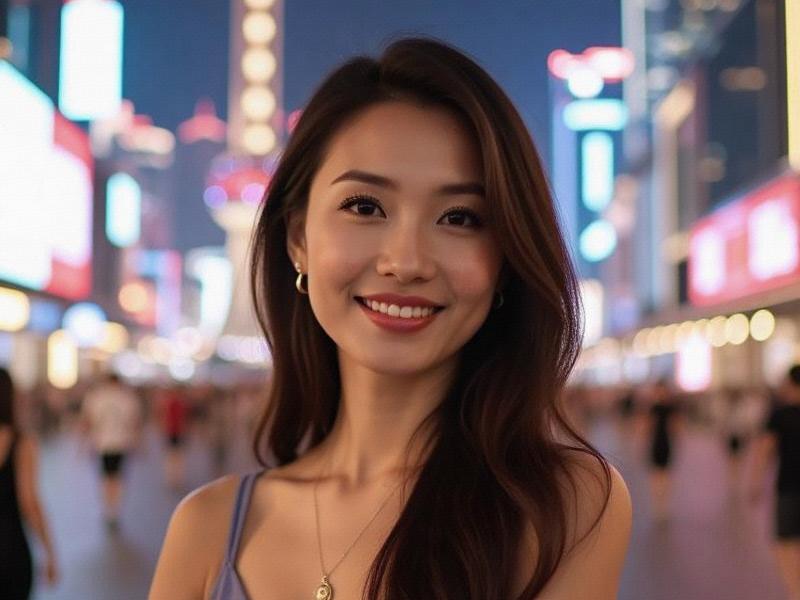
The neon glow of Shanghai's entertainment districts tells a story of remarkable transformation. Along the Huangpu River's west bank, where jazz clubs once flourished in the 1920s, a new generation of entertainment venues is writing the next chapter in Shanghai's vibrant nightlife history.
Shanghai's club industry has grown into a ¥52 billion sector, with over 4,000 licensed venues operating across the city. The landscape has diversified dramatically, moving beyond the stereotypical KTV model to include multi-concept spaces catering to Shanghai's increasingly sophisticated clientele.
The premium club experience has been redefined by venues like "Cloud Nine" in the Bund Finance Center. These hybrid spaces combine elements of private members' clubs, performance venues, and luxury lounges. Patrons might enjoy a classical erhu performance followed by a holographic DJ set, all while sampling molecular cocktails infused with Chinese tea elements.
上海龙凤419油压论坛 Technology integration represents another quantum leap. At "Neo KTV" in Xintiandi, AI-powered systems suggest songs based on vocal analysis and mood detection, while augmented reality transforms private rooms into immersive environments - from a 1930s Shanghai jazz club to a futuristic lunar lounge. These technological enhancements have increased customer retention rates by 45% according to industry reports.
Cultural fusion remains a hallmark of Shanghai's entertainment scene. "The Dragon Pearl" in Jing'an District exemplifies this blend, offering traditional tea ceremonies by day that transition into electronic music nights featuring both international DJs and Chinese folk instrument ensembles. The venue's interior design merges Ming Dynasty aesthetics with futuristic lighting installations.
The business model has also evolved significantly. Many clubs now operate as multi-purpose daytime spaces, hosting co-working areas, art exhibitions, and cultural workshops before transforming into nightlife venues. This "day-to-night" strategy has proven particularly successful with Shanghai's growing community of digital nomads and young entrepreneurs.
爱上海419论坛 Government policies have both challenged and stimulated growth. Strict noise ordinances and operating hour regulations have pushed venues to innovate in soundproofing and interior design. Meanwhile, Shanghai's "Night Economy 3.0" initiative has actively supported the creation of designated entertainment zones with extended public transportation hours and enhanced security measures.
Health-conscious trends are reshaping the industry too. Alcohol-free cocktail bars like "Sober Society" have gained popularity among Shanghai's wellness-focused professionals. Many clubs now incorporate advanced air purification systems and offer premium oxygen bars alongside their drink menus.
上海贵族宝贝sh1314 The future points toward even greater diversification. Emerging concepts include:
- Silent disco lounges with bone-conduction headphones
- VR gaming clubs with full-body haptic suits
- AI mixology bars that crteeapersonalized cocktails based on biometric data
- "Smart KTV" venues with real-time language translation for international guests
As Shanghai continues to assert itself as Asia's nightlife capital, its entertainment venues serve as cultural laboratories where East meets West, tradition blends with innovation, and business merges with pleasure in uniquely Shanghainese ways. The city's club scene isn't just about entertainment - it's about creating a new paradigm for urban leisure in the digital age.
